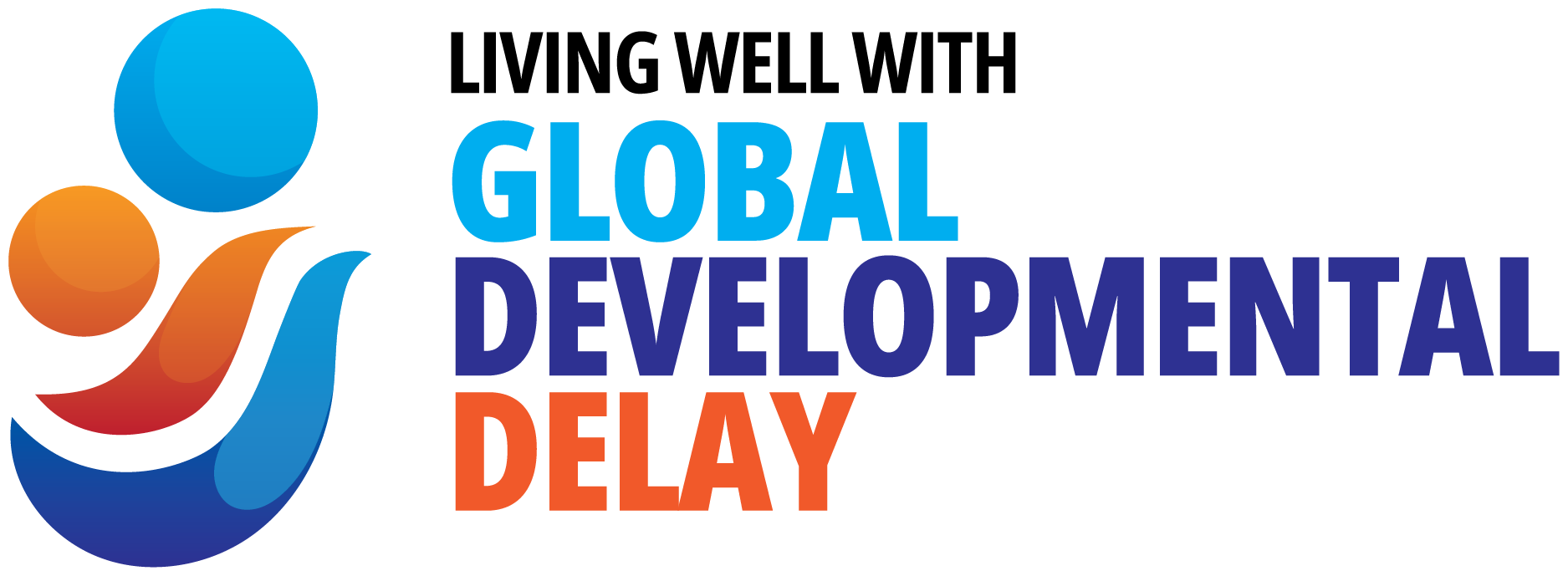There is no right or wrong way to feel. Along the journey from first noticing your child may have a delay you may have some strong feelings including grief, denial, anger, and sadness. Make space for your feelings and know that getting support and connection can help you feel better.
Looking After Family Wellbeing
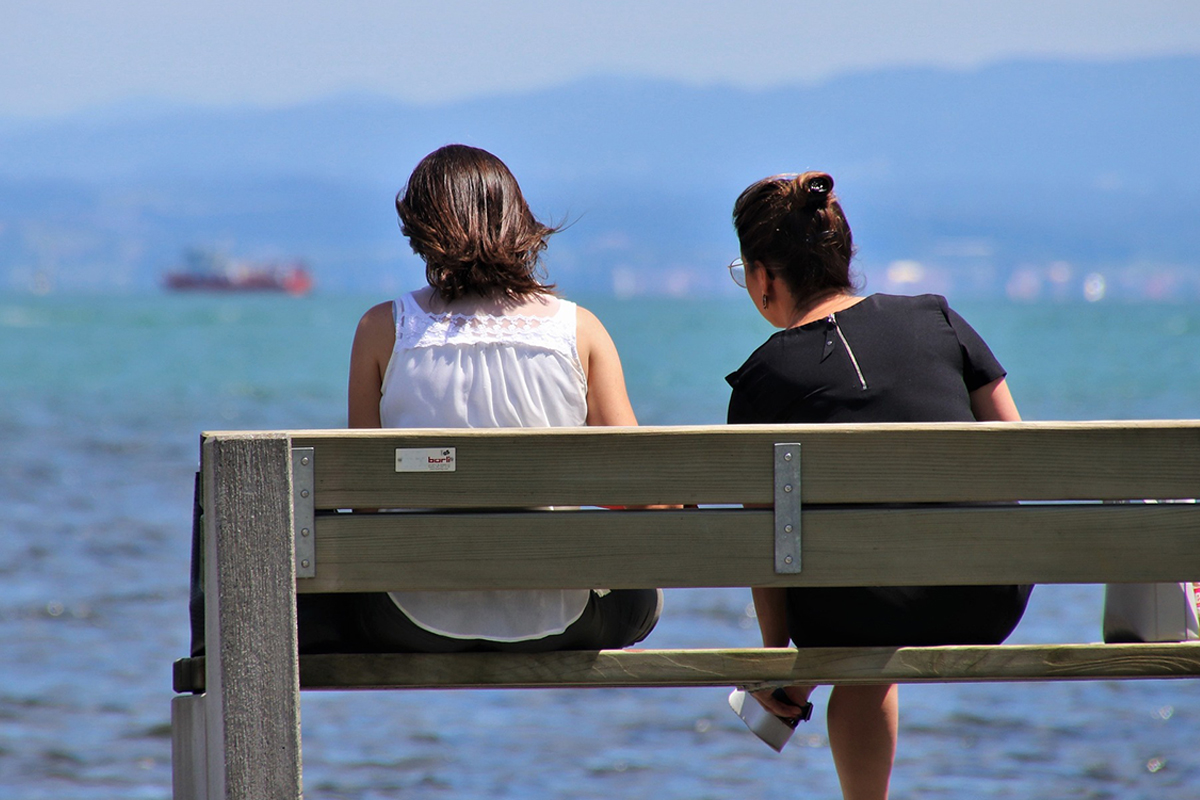
Caring For Yourself
You can help your child most when you are well. Caring for a child with a delay can be exhausting as they may need a lot of support with daily living activities. Parents and carers of children with a delay report greater physical and mental health concerns. Start small to improve your self-care.
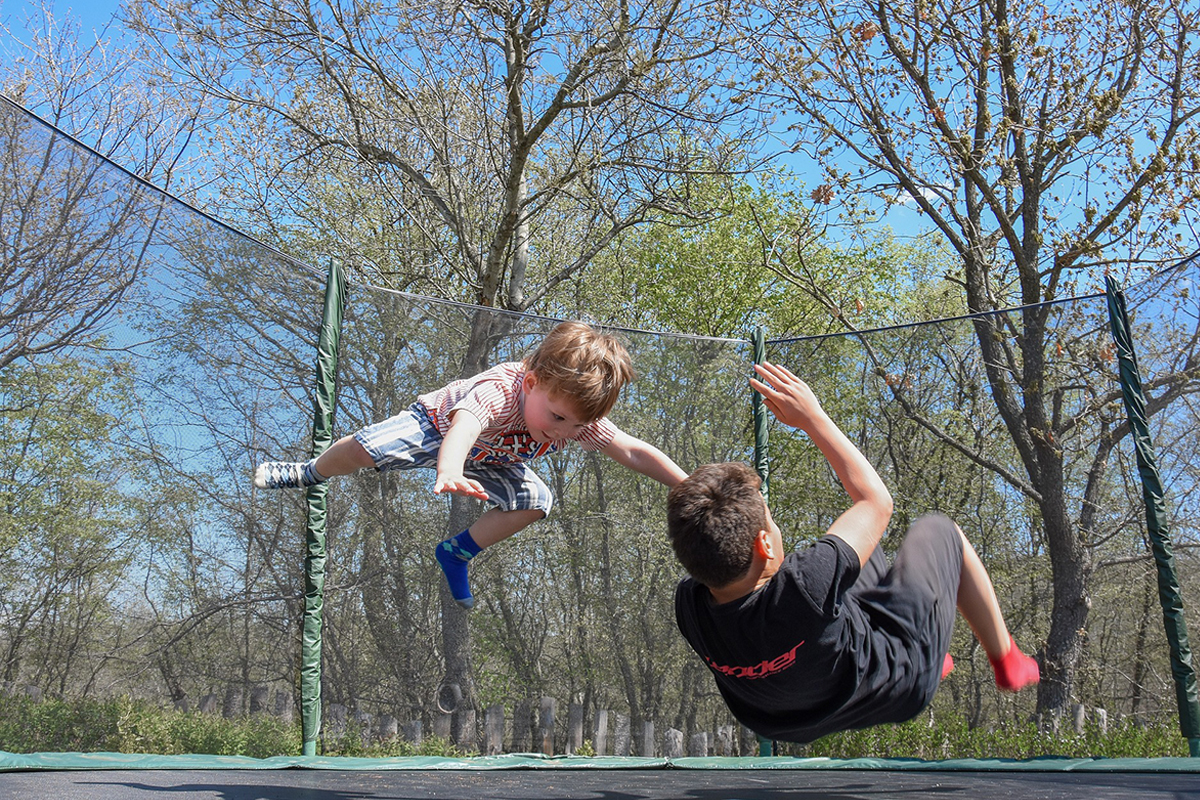
Caring For Family
Wellbeing is influenced by the wellbeing of, and relationship with, other family members. A child’s delay can result in both challenging and rewarding changes in the family. Warm, secure relationships within the family are very important and benefit everyone. Start small to increase your family’s wellbeing and relationships.
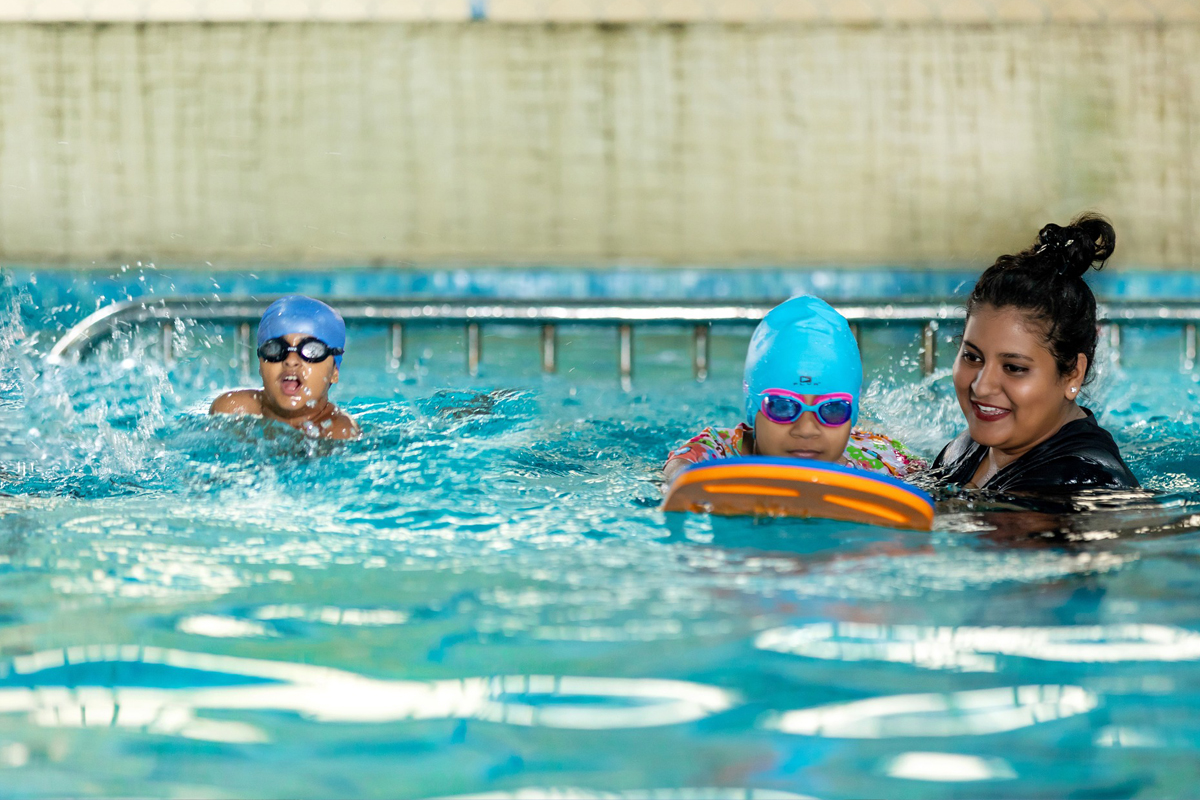
Communicating With Others
It is up to you how and what you share with family, friends, and people in the community who may interact with your child and family. It can be helpful to educate people about what Global Developmental Delay means and the strengths and needs of your child. It can be helpful to tell people what support your child needs and how they can best help your child and family
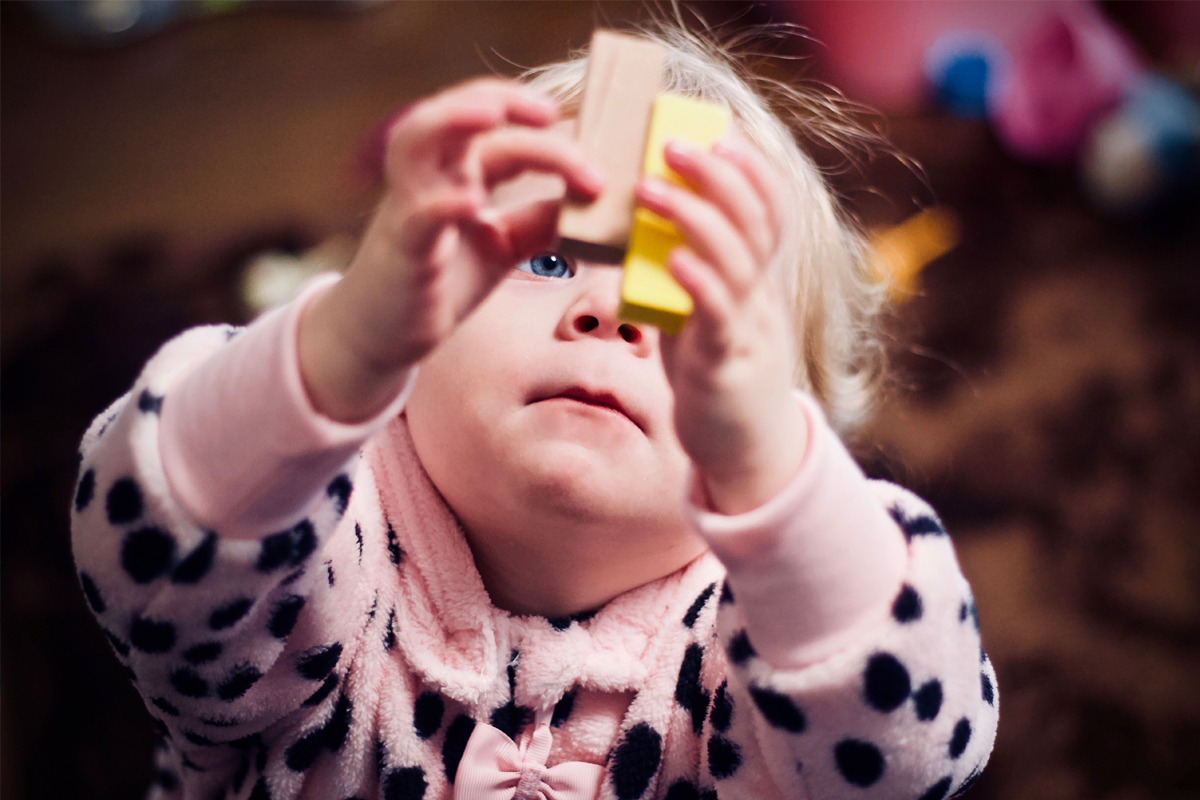
Introduction To The Modules
Through research studies, parents and carers have explained what strategies improve their parenting wellbeing. They tell us that parenting wellbeing is improved when you: Access social support, Participate in enjoyable family activities, Adopt self-care practices, Encourage positive behaviour in your child, Access therapeutic programs. Follow this module at your own pace to make small changes in these areas that might make a big difference to your parenting wellbeing.

Accessing Social Support
Parents and families benefit from having a group of people around them who care for and support them. This support is often called social support. These people may include family members, friends, other parents of children with delays, or other community members.
